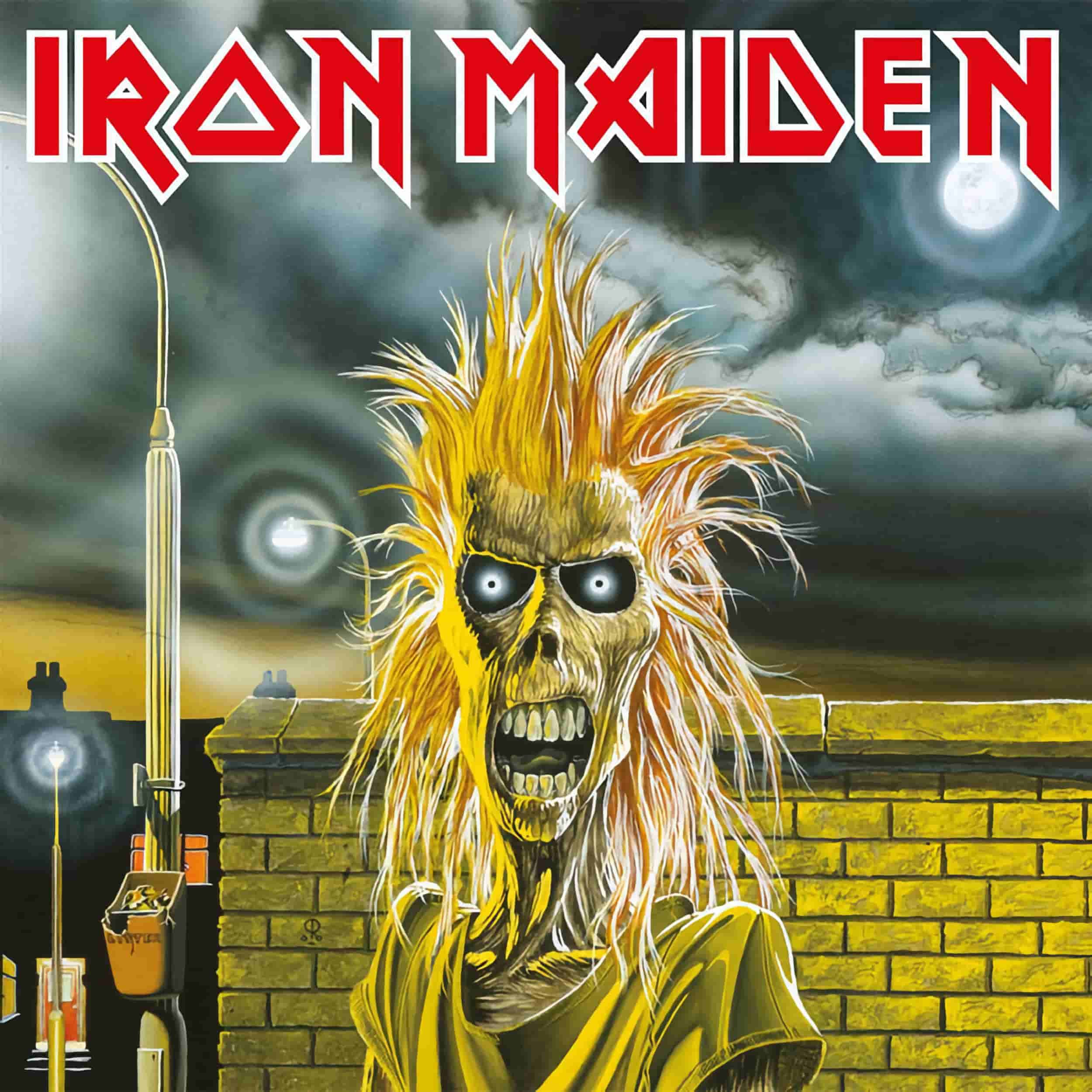Released in 1980, Flush The Fashion is Alice Cooper’s fifth album post the Alice Cooper Band era and sees a slight shift in style compared to Cooper’s prior releases. With a new wave feel, one that was particularly relevant to the era, Cooper recorded an album that is nothing short of an underrated masterpiece.
Flush The Fashion is perhaps most notable, however, for being the first of four albums that Cooper has a minimal recollection of writing and recording due to substance abuse. A shame, considering that this album, Zipper Catches Skin, and Dada are amongst his finest releases.
While the music, as we’ll see shortly, is exceptional, so is the 2018 vinyl reissue. There’s a fullness present that is simply missing on the lossless Apple Music stream. It isn’t a night or day difference, for it rarely is, but if you’re after gaining every emotive element out of a recording, then I can say with certainty that picking up the vinyl reissue is worthwhile as it is my preferred way to appreciate Flush The Fashion.
While the sonic reproduction of the digital counterpart isn’t bad, you’ll find yourself reaching for the EQ settings to reduce the album’s harshness. It’s not a dealbreaker, but it would be nice to see Warner Records head back to the archives and re-release a (Hi-Res) Lossless, Apple Digital Master, edition of this classic album. Sure, it may not be considered a landmark release within Cooper’s back catalogue, but for those of us who adore it, it would be welcomed with open arms.
Talk Talk is a cover of The Music Machine’s debut single from 1966, but Cooper’s recording is uncompromising thereby making it a perfect opening tune and one of my favourite songs from Flush The Fashion. This is one of those rare, but not unheard of, examples whereby the cover surpasses the original.
Clones (We’re All) flows masterfully from Talk Talk and where the opening tune was new wave in style, Clones (We’re All) somewhat follows that styling but kicks up the rock elements while adding disco influences. If you’re like me, you would have already turned the volume up for this is one rhythmically addictive tune and a great asset to Cooper’s extensive back catalogue.
While I consider Cooper’s recording to be the only one worth listening to, The Smashing Pumpkins recorded a killer version that you need to check out if you haven’t already heard it.
Pain sounds as if it was taken directly from the Welcome To My Nightmare recording sessions. If for no other reason, that should be enough to get your attention; a brilliant song!
Leather Boots presents us with quite the sonic shift. While it’s grown on me, over the years, it takes a little getting used to. Truth be told, it isn’t the strongest song on the album but I’d miss it if it wasn’t there.
Aspirin Damage, however, offers a much better transition and is a fun little tune. Perhaps fun isn’t the correct term to use, given the context of the song, but I can’t help but find it lighthearted in tone; most likely due to the musical style of the song.
Nuclear Infected is a standard run-of-the-mill rock tune. It isn’t anything to write home about, but it’s solid nonetheless. Similarly, to Aspirin Damage, it’s quirky enough that it becomes rather enjoyable the more you listen to it.
Grim Facts has some great guitar work courtesy of Davey Johnstone, but it isn’t only his tracking that’s impressive here for the band is on fire and Cooper delivered his vocal perfectly. A hidden gem? Absolutely!
Model Citizen continues with the grinding rock and roll styling and it’s songs such as this that make me wonder how Flush The Fashion flew below the radar for so many years as it’s right up Cooper’s alley. Regardless, thanks to streaming, we can now all enjoy the lesser-known tunes that, at times, have the potential to be a hit, even if it wasn’t during the era in which it was released.
Dance Yourself To Death is a solid album tune. While it neither stands out nor should be skipped, sometimes a standard song is all that’s needed to hold an album together. Not every song has to be a hit for an album to be enjoyable.
Headlines is the perfect closer and Davey Johnstone’s work here is once again appreciated. While some may question the new wave feel to the entire album, especially with Headlines being focused in that sonic direction, it works incredibly well in bookending Flush The Fashion.
With an approximate runtime of 28 minutes, Flush The Fashion is certainly succinct but this is one of the album’s most endearing aspects for it’s repeatable and if you’re like me, you’ll find great pleasure in listening to Flush The Fashion again and again.






